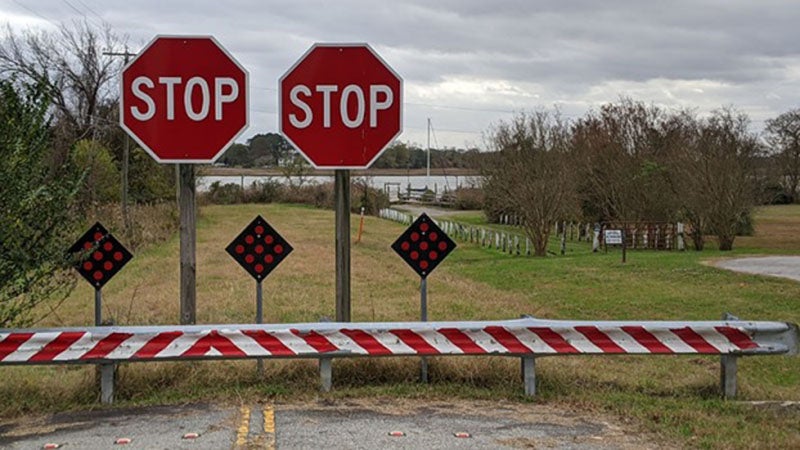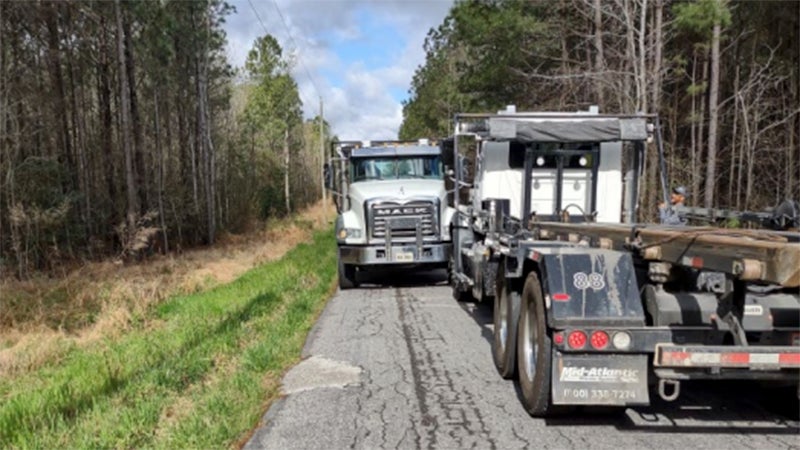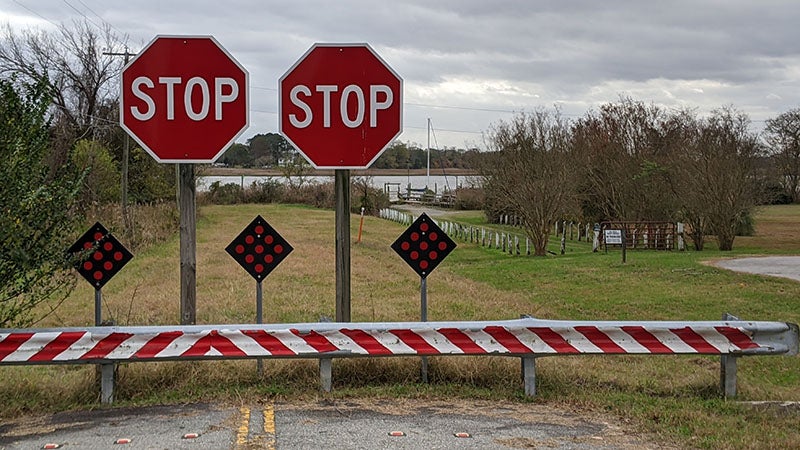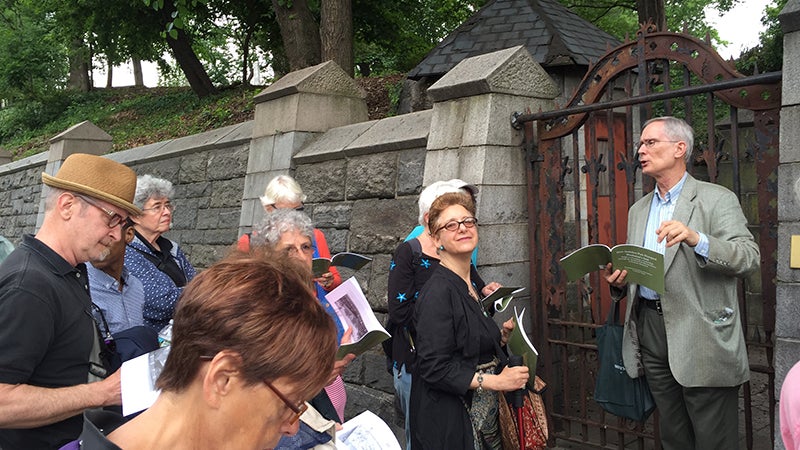Mattanock Town stalls
Published 11:14 pm Tuesday, June 14, 2011
More than six months after the Suffolk City Council agreed to transfer ancestral lands back to the Nansemond Indian tribe, the deal has yet to be consummated.
City officials and members of the Nansemond Indian Tribal Association had hoped to hold a deed-signing ceremony when frost still covered the Lone Star Lakes property that had been marked for the transfer by a November decision by council to give the land to the descendants of those who first lived there.
Now, with summer less than a week away, the project remains in legal limbo.
The Nansemond Indian Tribe lived on the land, located by the Nansemond River, until encroaching settlers forced it off in the 17th century.
After years of negotiations, tribal leaders were able last year to convince Suffolk officials to give them the property — about 70 acres, according to the city — so they could develop Mattanock Town, a replica American Indian village and tourist attraction.
In early December, the city submitted a proposed development agreement to the tribal association. But the tribe has concerns about the agreement, said Dot Dalton, facilitator for the project, and a variety of delays have ensued.
The city already had imposed a number of restrictions, such as prohibiting gambling or gaming, requiring the tribal association to provide an annual report to the city and restricting the transfer of the property to another entity.
And the tribe had agreed to all those conditions. But the development agreement sent in December goes further, Dalton said.
“It just goes on forever,” she said. “There is no way out for the tribe on any of this stuff.”
The original agreement also requires the tribe to complete the project within five years of the transfer, a condition to which the tribe agreed. But the development agreement as written does not cease after five years.
“The city needs some insurance that they are putting things in place,” said Patrick Roberts, Suffolk deputy city manager. “We’ve asked them to give assurance to the city and other requirements that are very typical.”
Roberts said Suffolk still is working toward transferring the land and has spent more than $20,000 so far completing a survey.
“It’s our goal to get that done,” Roberts said. “We’re mindful of the fact we’re conveying the land and the Nansemond Indian Tribal Association is developing the project.”
The complicated survey still is ongoing, Roberts said.
“It’s a very time-consuming process,” Roberts said, noting that the parcel features a lot of marsh and rough terrain. “It’s more complex than surveying an urban line. It’s not something that happens overnight.”
Dalton says the proposed development agreement is more of a lease than a deed.
“The tribe doesn’t need a development agreement,” Dalton said. “It’s the city that wants that. All we need is the deed.”
Dalton said she would like to see an agreement where excessive city oversight ceases in five years.
“That agreement is written like they’re just waiting for us to fail so they can come in and take the land back,” Dalton said.
The tribe has been advised to retain an attorney to help navigate the agreement.
The city says it still intends to transfer the land.
“We’re doing what we needed to do to move this project forward,” spokeswoman Debbie George said.






